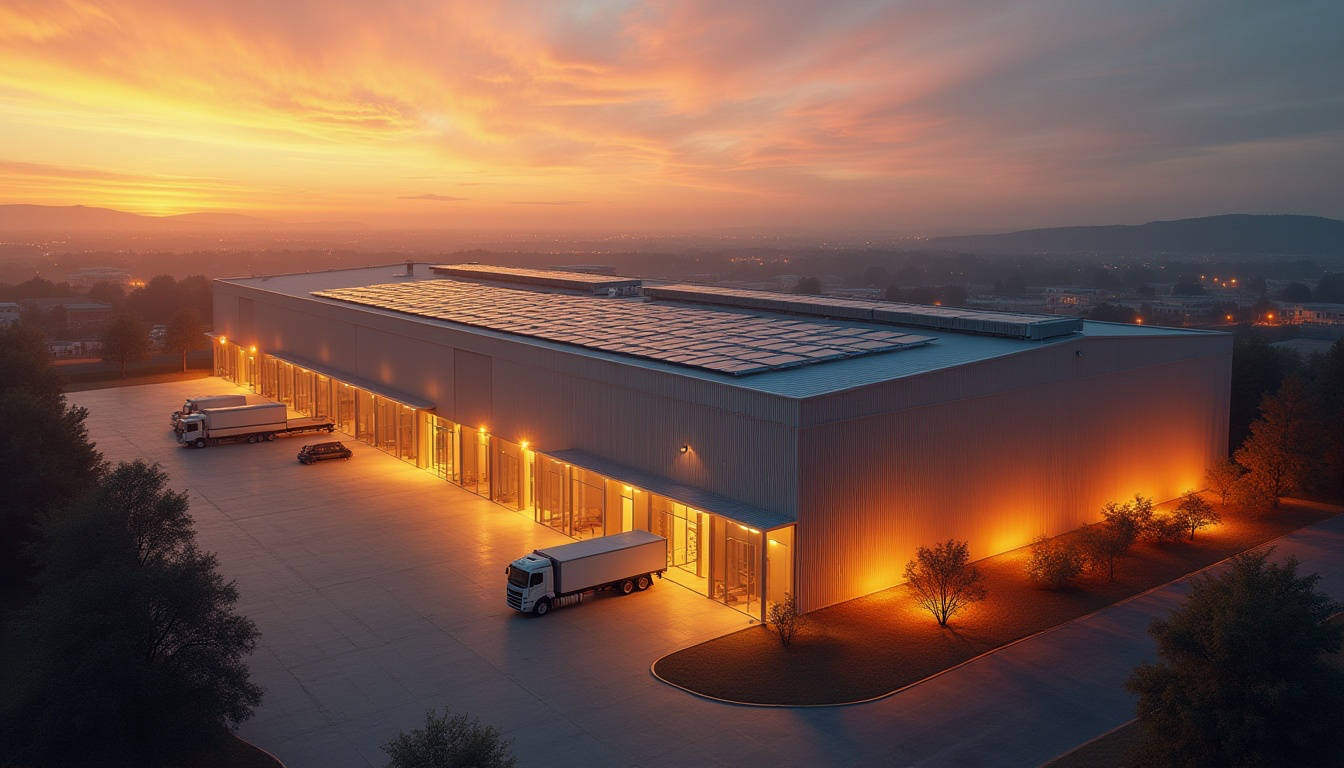Introduction
Manufacturing continues to evolve rapidly as new technologies, workforce shifts, and global supply chain challenges reshape the industry. For manufacturers looking to stay competitive, keeping up with the latest trends is essential. Here are the top manufacturing trends to watch this year and what they mean for industrial facilities.
1. Increased Adoption of Automation & Robotics
Automation isn’t slowing down. Manufacturers are using robots, cobots (collaborative robots), and AI-powered systems to:
- Boost productivity
- Improve quality control
- Reduce labor costs
Collaborative robots, in particular, are gaining popularity because they work safely alongside human operators, making production lines more efficient than ever.
"Businesses that grow by development and innovation, with a vision that adapts to trends, remain relevant."
2. Smart Manufacturing & Industry 4.0
The era of Industry 4.0 is here, where machines, sensors, and data systems communicate seamlessly. Technologies like:
- Industrial Internet of Things (IIoT)
- Digital twins
- Cloud-based analytics
…are enabling manufacturers to monitor operations in real-time, detect problems early, and make data-driven decisions that reduce downtime and improve output.
3. Sustainability & Green Manufacturing
More companies are embracing sustainable practices due to environmental regulations and customer demand for eco-friendly products. Expect to see:
- Energy-efficient equipment upgrades
- Waste reduction initiatives
- Use of recycled and sustainable materials
Green manufacturing not only benefits the planet but also cuts costs through energy savings and waste reduction.
4. Workforce Upskilling & Training
The skilled labor shortage continues to be a major challenge. This year, manufacturers are investing in:
- Upskilling programs for current employees
- Virtual reality (VR) training tools for hands-on learning
- Partnerships with trade schools and technical colleges
Facilities that prioritize workforce development will have a competitive edge as technology adoption accelerates.
5. Supply Chain Resilience
After years of disruptions, manufacturers are rethinking their supply chains. Strategies include:
- Nearshoring or moving production closer to customers
- Using AI-powered forecasting for better inventory planning
- Building multi-supplier networks to reduce dependency on single sources
Resilient supply chains help manufacturers adapt quickly to market changes and avoid costly delays.
6. Additive Manufacturing (3D Printing)
3D printing continues to grow beyond prototyping into full-scale production. Benefits include:
- Faster product development cycles
- On-demand manufacturing with less waste
- Ability to create highly customized parts
This trend is especially valuable for industries requiring small production runs or complex geometries.
7. Predictive Maintenance with AI
Predictive maintenance uses sensors and AI to detect equipment issues before they cause downtime. This technology:
- Lowers repair costs
- Prevents production stoppages
- Extends equipment lifespan
Manufacturers embracing predictive maintenance are seeing significant cost savings and reliability improvements.
8. Cybersecurity in Manufacturing
With greater connectivity comes greater risk. Manufacturers are investing in:
- Network monitoring tools
- Employee cybersecurity training
- Data encryption and secure access systems
Protecting sensitive production data is now as important as physical safety on the shop floor.

